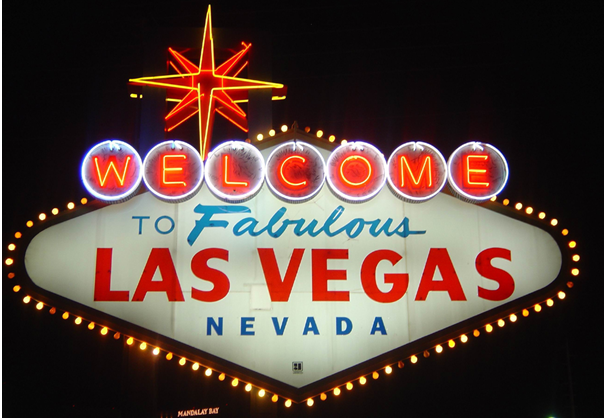How Regulated Gambling Can Boost the Economy

In recent years, there has been a lot of focus on the potential impacts of a legalised worldwide gambling market. As more and more countries and U.S. states start to regulate the market to their residents, there have been calls from both critics and supporters of its possible effects.
One major argument for supporters is the major boost real-money gaming can provide to the economy. Since back in 1850, when gambling was legalised in Macau, governments have been reaping the benefits of a licensed gaming industry.
In fact, Macau is a prime example of the positive potential of gambling. The region is one of the fastest growing gambling markets in the world, with gross revenue from casino games almost tripling in the last five years. By 2015, the casino gaming market revenue in Macau is expected to reach over $60 billion, marking an almost 300% increase since 2010.
Similarly, areas of the US such as Las Vegas and Atlantic City also generate huge revenues from the tourism that their gambling sectors attract. In 2013, Las Vegas generated more than $6 billion from the gambling trade, with Atlantic City generating over $3 billion.

It’s not just revenue that can contribute to the economy either. Gambling resorts provide a lot of jobs. A new $4 billion resort to begin development in Las Vegas later this year for example is expected to open up 11,000 jobs alone. With new opportunities of employment and the generation of much-needed revenue for the economy, through both tourism, costs to the government and general spending, it’s hardly surprising that more territories are looking to implement a gambling market.
As well as physical establishments, online gambling is a huge source of revenue as well. The global digital gambling market is estimated to be worth $39.5 billion this year, according to research by Statista. By 2015 that figure is predicted to grow to $41.4 billion.

Nevada, New Jersey and Delaware were the first U.S. states to legalise online gambling and many more look set to follow. Different countries are also looking to capitalise on online gambling spend. Portugal are set to regulate online poker as early as 10th July in the hope that the regulation of the market will form part of a wider project to boost tax revenues.
Another country that could boost its economy via online gambling is Australia. According to Casino Reef, “if a bill was passed to legalise online gambling in Australia but limiting the gambling to domains registered within Australia” then the Australian government could “keep a good eye on the gambling figure” while also receiving a “healthy slice of pie by taxing the total revenue”. Their research shows that the country could receive $201 billion in total if they introduced and regulated the online industry.
A number of factors have to be considered when it comes to legalising gambling. It is not a move that should be taken lightly considering the possible negative effects. However, it is clear that a proper regulated industry can provide the boost to the economy that so many governments are seeking. By 2015 that figure is predicted to grow to $41.4 billion.
Nevada, New Jersey and Delaware were the first U.S. states to legalise online gambling and many more look set to follow. Different countries are also looking to capitalise on online gambling spend. Portugal are set to regulate online poker as early as 10th July in the hope that the regulation of the market will form part of a wider project to boost tax revenues.













